Your rights in jeopardy: The year that saw a global assault on people’s basic freedoms, with many governments brazenly breaking international law and deliberately undermining institutions meant to protect people’s rights
International protection of human rights is in danger of unravelling as short-term national self-interest and draconian security crackdowns have led to a wholesale assault on basic freedoms and rights, warned Amnesty International as it launched its annual assessment of human rights around the world.
“Your rights are in jeopardy: they are being treated with utter contempt by many governments around the world,” said Salil Shetty, Secretary General of Amnesty International.
“Millions of people are suffering enormously at the hands of states and armed groups, while governments are shamelessly painting the protection of human rights as a threat to security, law and order or national ‘values’.”
Your rights are in jeopardy; they are being treated with utter contempt by many governments around the world.
Salil Shetty, Secretary General of Amnesty International
THE YEAR IN PICTURES
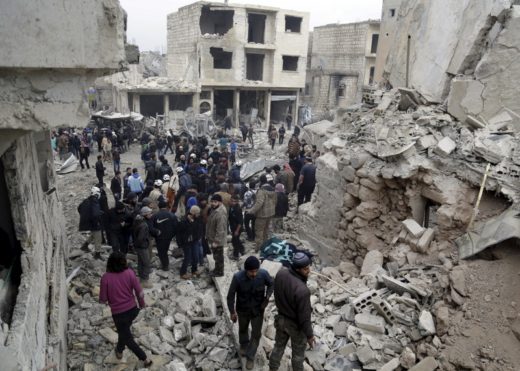
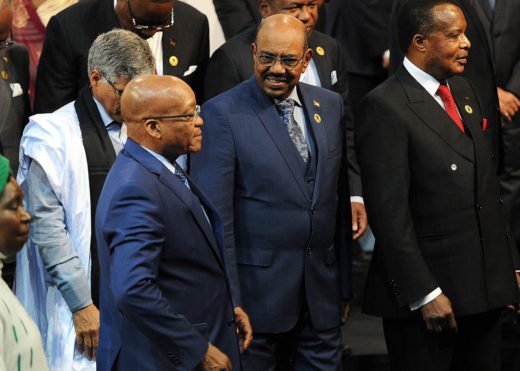
Human rights under threat globally
Amnesty International is warning of an insidious and creeping trend undermining human rights which has come from governments deliberately attacking, underfunding or neglecting institutions that have been set up to help protect our rights.
Not only are our rights under threat, so are the laws and the system that protect them. More than 70 years of hard work and human progress lies at risk
Salil Shetty
“Not only are our rights under threat, so are the laws and the system that protect them. More than 70 years of hard work and human progress lies at risk,” said Salil Shetty.
The United Nations’ human rights bodies, the International Criminal Court, and regional mechanisms such as the Council of Europe and the Inter American Human Rights system, are being undermined by governments attempting to evade oversight of their domestic records.
Amnesty International is calling on governments to politically support and fully fund systems that exist to uphold international law and to protect people’s rights.
Get the Amnesty International Report 2015/16
Download
- English
- French
- Spanish
- Burmese
- 中文
- čeština
- עברית
- 한국의
- magyar
- Mongol
- नेपाली
- فارسی
- polski
- ру́сский
- Rapanui
- slovenčina
- slovenski
- svenska
- Tetum
- ไทย
- Türkçe
Human rights under attack: in numbers


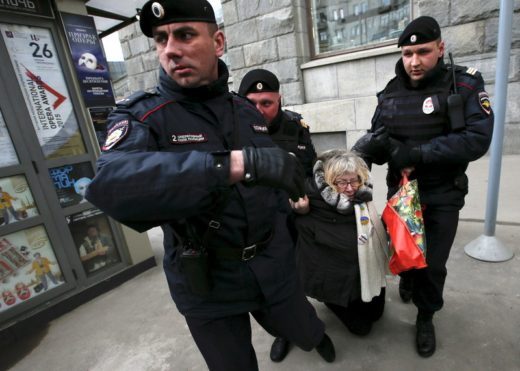
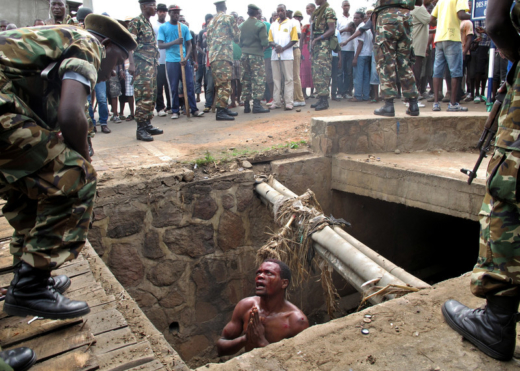


Rights under threat on a national level
Amnesty International has documented how many governments have brazenly broken international law in 2015 in their national contexts: more than 122 states tortured or otherwise ill-treated people and 30 or more illegally forced refugees to return to countries where they would be in danger. In at least 19 countries, war crimes or other violations of the “laws of war” were committed by governments or armed groups.
It is also warning of a worrying trend among governments increasingly targeting and attacking activists, lawyers and others who work to defend human rights.
“Instead of recognizing the crucial role these people play in society, many governments have deliberately set out to strangle criticism in their country. They have broken their own laws in their crackdowns against citizens,” said Salil Shetty.
Amnesty International says this has partly been down to the reaction of many governments to evolving security threats in 2015.
“The misguided reaction of many governments to national security threats has been the crushing of civil society, the right to privacy and the right to free speech; and outright attempts to make human rights dirty words, packaging them in opposition to national security, law and order and ‘national values’. Governments have even broken their own laws in this way,” said Salil Shetty.
Country Examples
Russia
Repressive use of vague national security and anti-extremism legislation and its concerted attempts to silence civil society in the country; its shameful refusal to acknowledge civilian killings in Syria and its callous moves to block Security Council action on Syria.
Thailand
Arresting peaceful critics for activities including staging plays, posting Facebook comments and displaying graffiti; and the military authorities’ dismissal of international calls not to extend its own powers to excessively restrict rights and silence dissent in the name of “security”.
Burundi
Systematic killings and other widespread violent tactics by the security forces; and efforts to suppress the human rights community in the country.
Israel
Maintaining its military blockade of Gaza and therefore collective punishment of the 1.8 million inhabitants there, as well as failing, like Palestine, to comply with a UN call to conduct credible investigations into war crimes committed during the 2014 Gaza conflict.
Venezuela
Continuing lack of justice in cases of grave human rights violations and constant attacks against human rights defenders; and its continuing denunciation of the American Convention of Human Rights following its earlier withdrawal from the jurisdiction of the Inter-American Court of Human Rights, denying victims of violations access to justice.
Your rights in jeopardy: in numbers

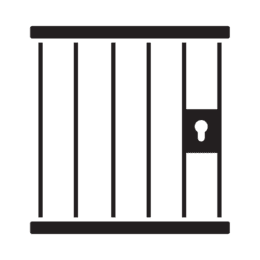

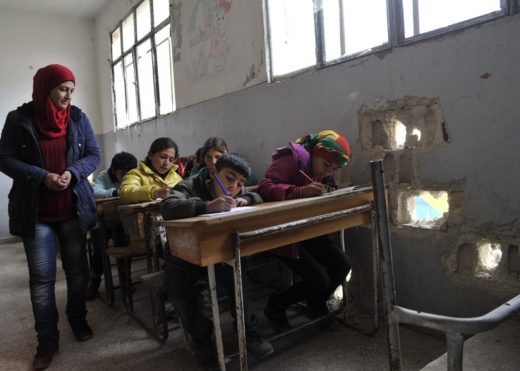

UN in desperate need of reinvigoration
The United Nations and its offices to protect human rights and refugees have suffered severely from the hostility and neglect of recalcitrant governments in 2015.
“The UN was set up to ‘save succeeding generations from the scourge of war’ and to ‘reaffirm faith in fundamental human rights’ but it is more vulnerable than it ever has been in the face of enormous challenges,” said Salil Shetty.
Many governments have wilfully thwarted UN action to prevent mass atrocities or hold to account their perpetrators, and rejected or poured scorn on its recommendations to improve human rights nationally.
The Syrian conflict is one horrific example of the catastrophic human consequences of a systemic failure of the UN to fulfil its vital role in upholding rights and international law and ensuring accountability.
The incoming UN Secretary General, who will be elected later this year and who will take up the post in January 2017, will inherit an organization that has achieved much but is in desperate need of reinvigoration, Amnesty International says. The organization is calling for UN member states and the UN Security Council to show brave new thinking in moving towards reform, starting with the process by which it elects a new Secretary General.
“UN member states have an historic opportunity this year to reinvigorate the organization by supporting a strong candidate for Secretary General with the commitment, personal fortitude and vision needed to push back against any states bent on undermining human rights at home and internationally,” said Salil Shetty.
To achieve this, Amnesty International says the election process must be fair and transparent and ensure that the views of candidates on the major human rights challenges facing the UN are known and understood.
The state of the world’s human rights: in numbers


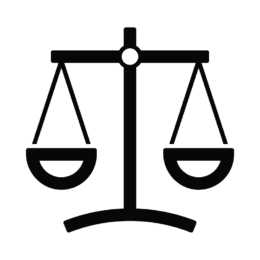
FACES OF 2015
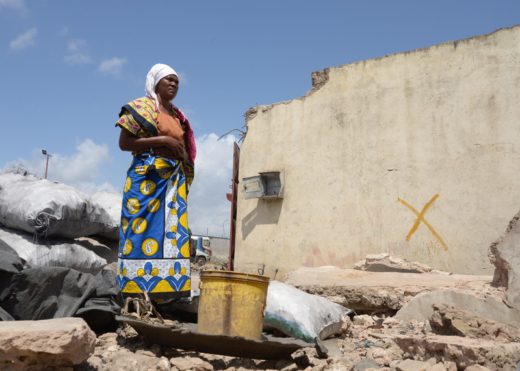

Signs of hope
The signs of hope that we saw in 2015 were the result of the ongoing advocacy, organizing, dissent and activism of civil society, social movements and human rights defenders.
These outcomes were not borne of the benevolence of states. Governments must allow the space and freedom for human rights defenders and activists to carry out their essential work
Salil Shetty
To give just three examples from the past year: the presence of human rights and accountability elements in the UN Sustainable Development Goals; action in May to prevent forced evictions on the Regional Mombasa Port Access Road project in Kenya; and the release of Filep Karma, a Papuan prisoner of conscience, as a result of 65,000 messages written on his behalf by supporters from around the world.
These outcomes were not borne of the benevolence of states. Governments must allow the space and freedom for human rights defenders and activists to carry out their essential work. Amnesty International therefore calls upon states to ensure that the resolution adopted in November by the UN General Assembly to protect the rights of human rights defenders is implemented, including the naming and shaming of states that fail to uphold these rights.
SUCCESSES OF 2015
Get the Amnesty International Report 2015/16
Download
- English
- French
- Spanish
- Burmese
- 中文
- čeština
- עברית
- 한국의
- magyar
- Mongol
- नेपाली
- فارسی
- polski
- ру́сский
- Rapanui
- slovenčina
- slovenski
- svenska
- Tetum
- ไทย
- Türkçe

